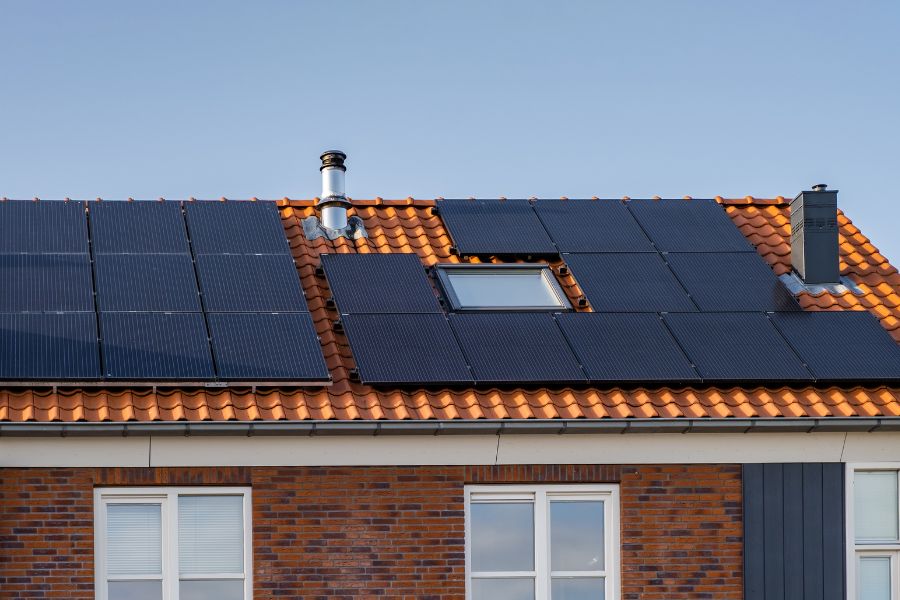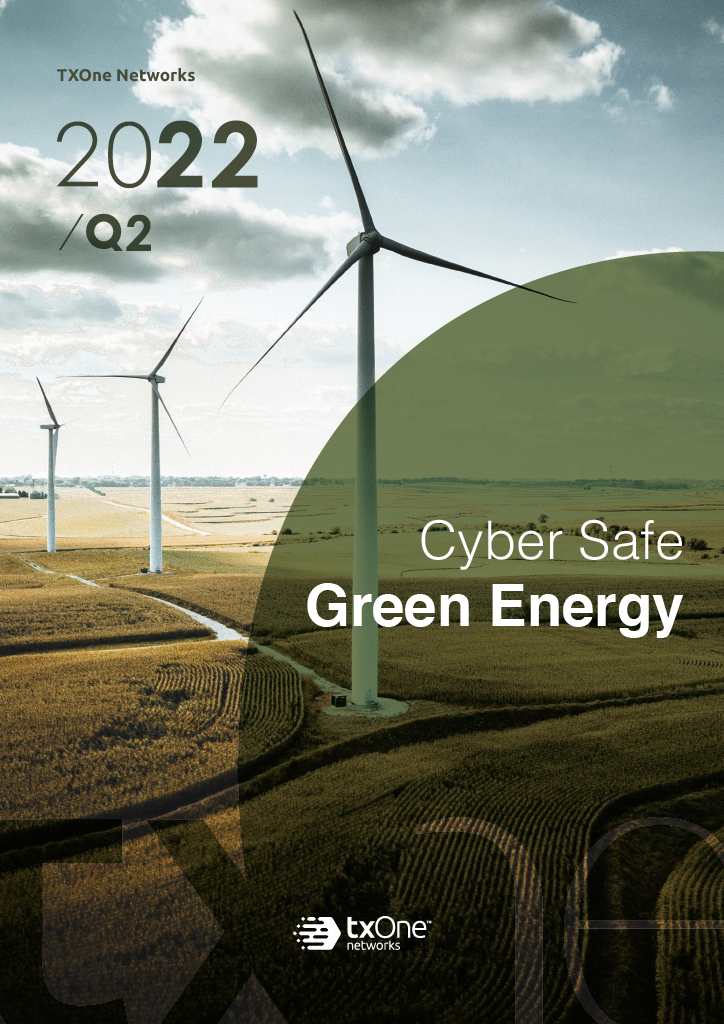
How Sustainable Are Solar Panels? Eco-friendly or Not?
As the world pivots away from fossil fuels towards renewable energy, solar panels have emerged as a key player in the transition. These photovoltaic panels, which convert sunlight directly into electricity, now symbolize green energy. Yet, true sustainability is determined by more than just the end product. It includes the entire span of the solar panel’s life from cradle to grave. So, how sustainable are solar panels?
This article unpacks the multifaceted nature of solar panel sustainability. Here, we’ll scrutinize every phase, from manufacturing to end-of-life disposal, and compare their carbon emissions to traditional energy sources. Let’s dive in.
Factors that Determine Solar System’s Sustainability
Lifecycle Analysis of Solar Panels
The lifecycle of solar panels is a complex narrative that starts long before they begin soaking up the sun’s rays. The manufacturing starts with extracting raw materials like silicon, metals, and glass. How sustainable are these materials? To answer this question, we must consider the environmental impacts of their extraction processes, like the land disturbances from mining operations and energy-intensive silicon purification. The ethical sourcing of these materials is equally pivotal. After all, international renewable energy agencies and watchdogs are increasingly emphasizing fair labor practices and responsible mining.
Once sourced, the production phase is energy-dense, often relying on electricity that may come from non-renewable sources. This adds to the solar panels’ indirect carbon footprint. Innovations in manufacturing technology and the increased use of renewable energy within this phase are crucial in mitigating these emissions.
Finally, transporting the finished products to the market and installing them in their final locations also contributes to the overall carbon footprint of solar power systems. The sustainability narrative of solar panels is, therefore, not just about the product itself. It’s also about the sum of all parts leading to its deployment.
Performance and Efficiency Of Solar Panels
The accurate measure of a solar panel’s sustainability can often be distilled into its performance and efficiency. Hence, the energy payback time (EPBT) — the time it takes for a solar panel to generate the amount of energy used to produce it — is a critical metric. Modern photovoltaic panels can have an EPBT of a few years, after which they essentially make net positive green energy. As solar technology advances, the efficiency rates of solar panels have steadily increased. Thus, they convert more sunlight into electricity and reduce the overall carbon emissions per unit of electricity generated.
However, the performance of solar panels is not static. It degrades over time, and factors like temperature, shading, and maintenance play substantial roles in the efficiency of a solar energy system. The International Renewable Energy Agency (IRENA) posits that while the efficiency of solar panels might decline, the decrease is gradual and can be mitigated through proper care.
Lifespan and Durability
The longevity of solar panels is a cornerstone of their sustainability profile. Generally, solar panels should generate electricity efficiently for about 25 to 30 years. The durability of solar panels is primarily determined by the quality of solar cells and the resilience of the encasing materials against environmental stressors. Solar PV technologies have evolved to enhance this durability. To achieve this, companies employ more robust designs that withstand harsh weather conditions and resist degradation from solar radiation.
Throughout their operational lifespan, solar energy systems must maintain their capacity to produce electricity at a level close to their initial output. The rate at which their performance declines, often called the degradation rate, also affects their overall environmental and economic impact.
A solar panel that maintains a high efficiency for longer will displace more greenhouse gas emissions from conventional power plants over its lifetime. This reduces the aggregate carbon dioxide released into the atmosphere.
End-of-Life Management
As solar PV technology matures and panels end their productive lives, end-of-life management becomes a key sustainability concern. Solar panel recycling is a developing industry aimed at recovering valuable materials and ensuring that toxic substances don’t leach into the environment.
However, the nascent state of solar panel recycling processes presents challenges, as not all materials can be quickly or economically recovered. Innovative recycling techniques are essential to reducing the environmental impact. This will also enhance the sustainability credentials of solar photovoltaics.
Additionally, proper end-of-life management of solar panels can circumvent the introduction of greenhouse gases that would result from disposal in landfills. As solar panel factories scale up to meet global demand, the need for effective recycling capabilities grows concurrently to handle the eventual influx of panels needing disposal.
Economic Considerations
The economics of solar energy systems are a driving force behind their sustainability. While the initial cost to install solar PV technologies is significant, the ability of panels to produce electricity over many years provides a return on investment. Solar panels generate electricity without fuel costs or the emissions associated with burning fossil fuels. Hence, it reduces greenhouse gas emissions and pollution over their operational life.
Incentives like tax credits, rebates, and feed-in tariffs help offset the initial costs and promote the adoption of solar energy. These economic policies and the falling prices of solar PV technology have made solar energy increasingly competitive with conventional power plants. Especially where terms of cost per kilowatt-hour are concerned.
Benefits of Solar Panels
Adopting a solar system for power generation offers many benefits, chiefly among them the ability to harness a clean and inexhaustible source of energy – the sun. Unlike nuclear energy and fossil fuels, solar panels don’t rely on finite resources. Generating electricity from PV cells does not produce harmful byproducts. The energy consumption necessary to build and install solar panels is offset by the energy generated throughout their lifespan, typically within a few years of operation.
Solar panels contribute significantly to green energy sources by reducing carbon emissions that conventional power plants would otherwise produce. This reduction is not just a theoretical proposition. It’s measurable and substantial.
In residential and commercial buildings, solar systems decrease the reliance on grid-supplied electricity, which is still derived from carbon-intensive sources. Moreover, solar companies continually innovate. That way, they push the envelope toward more efficient and affordable solar solutions, propelling the world toward a more sustainable energy profile.
The Future of Solar Panels Sustainability
The trajectory of solar panel sustainability points towards an even greener future. Technological advancements in the field of solar energy aim at increasing the efficiency of PV cells, which means more energy per panel, further reducing carbon emissions.
Emerging solar technologies are also exploring less energy-intensive production processes and using more abundant, less toxic materials in PV cells. These innovations will likely decrease the energy consumption in solar panel manufacturing, contributing to a more eco-friendly product lifecycle.
Furthermore, as the global economy shifts away from fossil fuels, solar companies are poised to lead in renewable power generation. Solar energy’s potential is not limited to generating electricity. So, ongoing research is expanding its applications, including heating, cooling, and transportation.
The increasing scalability of solar technology will bring down costs even further, making solar an even more competitive alternative to traditional energy sources. The industry also responds to the need for improved end-of-life management. How? It invests in recycling technologies to reclaim more materials and reduce waste. As a result, the already low environmental impact of solar energy systems will continue to diminish.
In essence, the sustainability of solar panels is evidenced by their low environmental impact during operation. As solar technology advances and becomes more integrated into our energy infrastructure, solar panels will play a pivotal role in the sustainable energy landscape of the future.
How Sustainable are Solar Panels?

While solar panels are widely recognized for their eco-friendly profile, certain factors can challenge their sustainability:
Energy-Intensive Production
Manufacturing solar panels, particularly the extraction and refinement of materials like silicon, requires significant amounts of energy. If this energy comes from non-renewable sources, it adds to the overall carbon footprint of the panels.
Use of Scarce or Toxic Materials
Certain photovoltaic cells contain rare, hazardous, or conflicting minerals like tellurium, cadmium, or lead. The extraction and disposal of these materials pose environmental and ethical challenges.
Carbon Footprint of Supply Chain
The transportation of raw materials to manufacturing sites and finished products to market can contribute to greenhouse gas emissions, especially if logistics rely on fossil fuels.
End-of-Life Waste
Not all components of solar panels are currently recyclable, leading to waste management issues. As solar panels end their lifespan, landfill disposal causes environmental harm if not properly managed.
Water Usage
Some manufacturing processes for solar panels require significant amounts of water. In regions where water scarcity is a problem, this can create local environmental stress.
Land Use
Large-scale solar farms need vast tracts of land, which may disrupt local ecosystems, lead to deforestation, or compete with agriculture.
Final Words
So, are solar panels sustainable? Well, not entirely. While solar panels present a promising path toward reducing reliance on fossil fuels and curbing carbon emissions, their production, use, and disposal raise sustainability concerns. Addressing these issues will help us realize the environmental benefits of solar panels and meet their full sustainable potential.
You may also like
Written by christopher
Choose Topic


Recent Comments